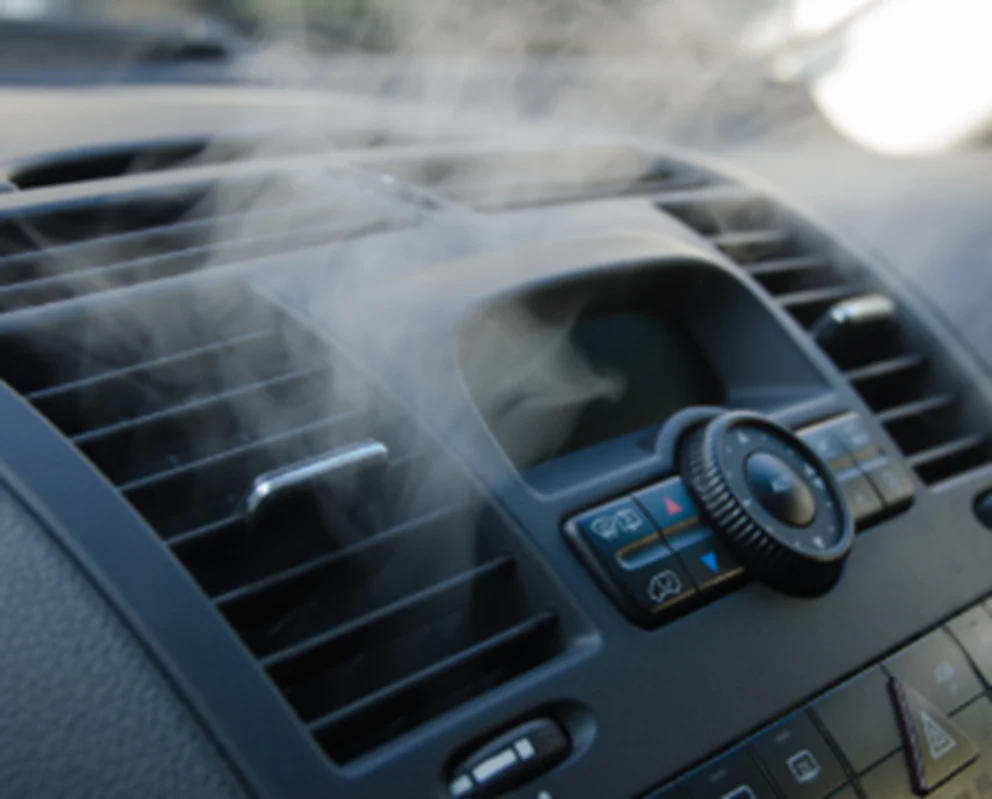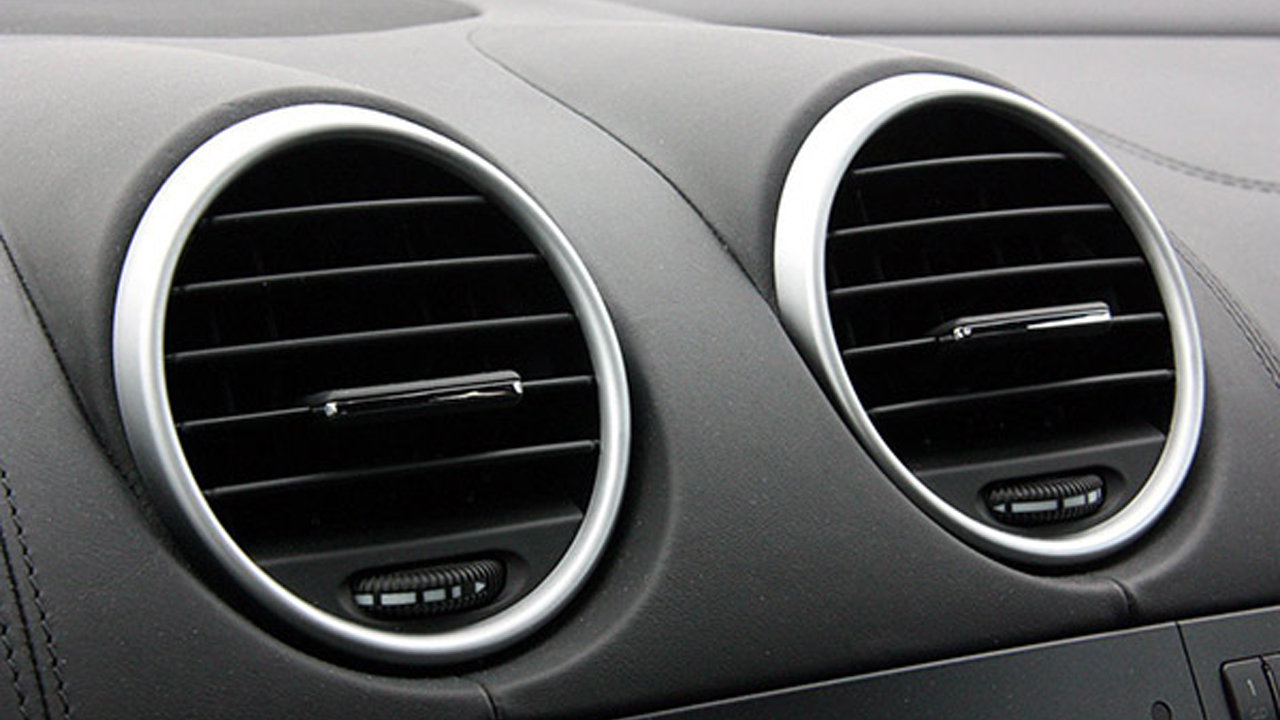Your car can work perfect mechanically, but it can be virtually undrivable if the cabin smells bad. That may be due to things like spilled milk or takeout containers with bad food in them, but often it’s because the heating, ventilation, and AC system has become contaminated. The musty smell is extremely off-putting and can even make you sick if it’s left untreated.
Correcting a musty AC smell often costs under $200 as a DIY job, or it could be two to three times that much if you take it to a mechanic. Here’s what causes the smell, ways to eliminate the odor, and how to prevent it in the future.
UNDERSTANDING THE MUSTY SMELL
DIY CLEANING TECHNIQUES
Follow these steps to rid your car’s AC system of musty odors:
- Replace the Cabin Air Filter – If the filter is dirty or clogged, replace it with a new one. And if you have a musty smell, don’t count on only visual confirmation that it’s dirty. Swap it out.
- Use an AC System Cleaner – Treat your HVAC system with a high-quality, highly rated AC system cleaner. Follow the instructions on the product.
- Let Your Car Sit – Wait the specified time on the product before you use your car. The treatment time varies, and often, the longer it sits, the better the treatment result.
- Perform a Follow-Up Treatment – For stubborn odors or extreme buildup, you might have to perform a subsequent treatment.
In addition to specialized products, you can use common household items for a DIY approach:
- Vinegar – Mix equal parts water and vinegar and spray it into the air intake vents.
- Baking Soda – Place an open box of baking soda in your car overnight to absorb odors.
- Sunlight – Leave your car in direct sunlight with windows slightly open to help dry out moisture and prevent mold growth.
One of the first steps in tackling a musty smell in your car’s air conditioning (AC) system is understanding its root causes. Musty odors often stem from the growth of mold, mildew, or bacteria in the AC system. The dark and damp environment within the AC unit provides an ideal breeding ground for these unpleasant elements.
Common causes include:
- Accumulated moisture in the evaporator core.
- Clogged or dirty cabin air filters.
- Bacteria or mold growth in the cabin air intake and other AC components.
Aside from the obvious discomfort of driving in a car with a musty smell, there are more serious reasons to address the issue promptly. Mold and bacteria can not only compromise the air quality inside your vehicle but may also have negative effects on your health, especially if you suffer from allergies or respiratory issues like asthma. A musty smell that isn’t dealt with can lead to potential damage to your AC system, contributing to more extensive and costly repairs down the road.
PREVENTIVE MAINTENANCE TIPS
To maintain a fresh-smelling car and keep it fresh, incorporate these measures into your routine:
- Run the AC Regularly – Turn on your AC periodically, even in cooler weather, to prevent moisture buildup.
- Keep the Cabin Clean – Regularly clean the interior of your car, removing any potential sources of odors.
- Avoid Eating in the Car – Food crumbs and spills can contribute to unpleasant odors.
- Use Air Fresheners – Place a long-lasting air freshener in your car to maintain a pleasant scent.


